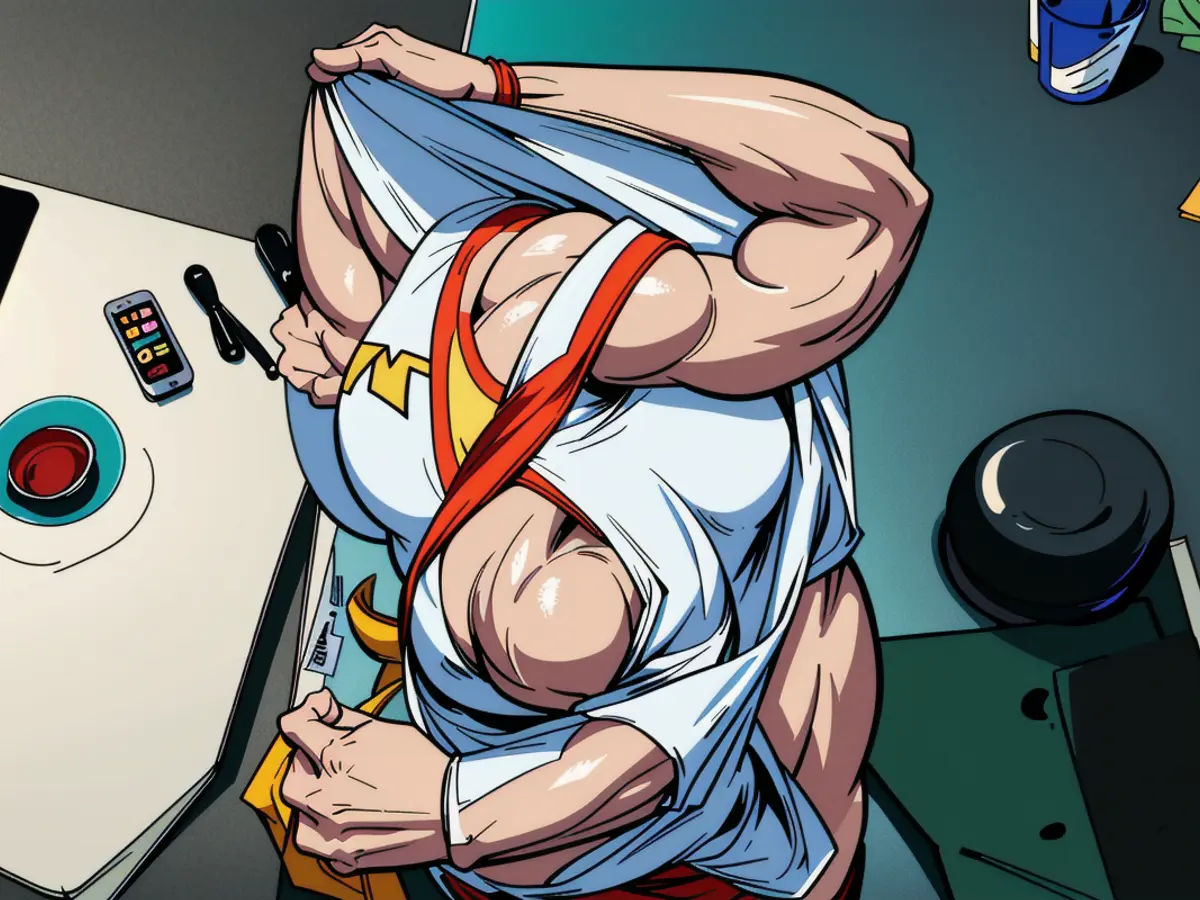Amtrak's CEO Resigns Amid Possible Privatization Push Ordered by Trump and Musk
Stepping Down: Amtrak's CEO Amid Privatization Threat
In a twist of events, Amtrak's CEO Stephen Gardner has decided to move on, citing the need to ensure Amtrak maintains the Trump Admin's confidence. This announcement came after Trump and Musk set their sights on potential privatization of the company.
Gardner, who's been with Amtrak since 2009, previously served as their COO and president. Known for his train passion, he was once a conductor for the Maine Central Railroad and founded the punk band Chessie, named after the defunct Chesapeake and Ohio Railway.
However, this train-loving CEO found himself in a tough spot with the new administration. With Trump's previous attempts to slash federal funds for Amtrak and this year's funding freeze, the pressure has been mounting. The Secretary of Transportation, Sean Duffy, has been pushing Amtrak to abolish diversity, equity, and inclusion programs and enforce return-to-office orders to secure federal support.
Even as Gardner tried to meet their demands, the scrutiny was relentless. Musk recently suggested privatizing Amtrak and the US Postal Service, calling Amtrak "embarrassing". Yet, Amtrak wrapped up a year with record ridership, thanks to its ongoing route expansion aiming to serve an additional 40 million people in the coming years.
Comparing Amtrak to Elon Musk's Boring Company reveals a stark contrast. Despite seven years of work, the Boring Company built only 2.4 miles of a proposed 68-mile network in Las Vegas, with minimal regulatory oversight. The Boring Company's track record includes numerous delayed or abandoned projects.
Privatization may expand services, but it could also lead to service reductions in less profitable areas and increased operational costs. Amtrak's current model subsidizes services in less populated regions with revenue from the profitable Northeast Corridor. Privatization could disrupt this balance, potentially resulting in fare hikes to maintain profitability.
So, while privatization might sound appealing for some, it's essential to consider the potential implications before making a decision. After all, efficient rail services play a crucial role in connecting communities across the US.
- Stephen Gardner, who facilitated Amtrak's push towards record ridership and route expansion despite the future threats of privatization, stepped down as CEO amidst the crosshairs of potential Amtrak privatization by the Trump Administration and Elon Musk.
- Despite his train passion and prior experience as a conductor, Gardner found himself in the tech crosshairs of the new administration due to Trump's attempts to slash federal funds for Amtrak and pressure to abolish diversity, equity, and inclusion programs.
- Future technology projects, like those by the Boring Company, are under scrutiny due to their limited progress and missed deadlines, unlike Amtrak's ongoing expansion aiming to serve an additional 40 million people in the coming years.
- Despite Musk suggesting privatizing Amtrak to improve services, concerns arise about potential service reductions in less profitable areas, increased operational costs, and possible fare hikes to maintain profitability, which could disrupt the current tech-subsidized balance between populated and less populated regions.






